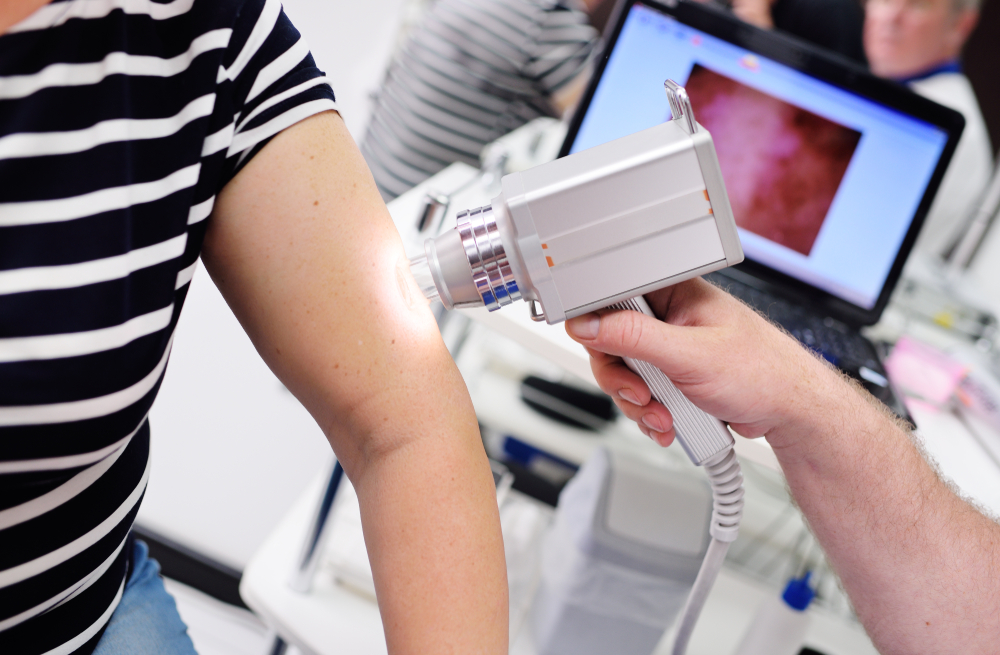Being diagnosed with cancer is probably one of the most devastating experiences one can have. However, once tumors are successfully removed, living with the fear that some cancer cells may remain, regrow, and respread through the body is a particular torment for the patient, their loved ones, and their family.
Thankfully, Quanyin Hu, Ph.D., and his team of researchers at the University of Wisconsin-Madison developed a solution: a hydrogel that prevents or slows tumor regrowth.
How does it work?
To prevent cancer from returning post-surgery, the gel releases two strategically selected compounds. Firstly, a drug called Pexidartinib is released. This drug is already used to discourage tumor-associated macrophages (TAMs), immune cells that “switch sides” and instead of fighting cancer off, help create a pro-cancer environment.
The second drug is composed of PD-1 antibodies, which help train T cells to identify and attack cancer cells. These two drugs work together to prevent the creation of a microenvironment that supports cancer growth and helps the immune system get rid of any cancer cells that might remain after surgery. Fortuitously, the gel is also designed to biodegrade safely in the body once its work is complete.
So far, the gel has been tested in mouse models of several different types of cancer such as colon cancer, melanoma, sarcoma, and triple-negative breast cancer. The gel proved to reduce the recurrence and metastasis of all cancers included in the study and extended the survival rates of the mice. The control animals who received no gel would die within 36 days, while survival rates of the treated mice ranged between 50 and 66 percent, depending on the type of cancer.
Another benefit of hydrogel is its local application, which reduces the chances of side effects arising. This is a big concern for other cancer treatments, such as chemotherapy, which affects the whole body.
“We are really glad to see that this local strategy can work against so many different kinds of tumors, especially these non-immunogenic tumors,” Quanyin Hu states. “We are even more glad to see this local treatment can inhibit tumor metastasis.”
The team will continue administering animal tests with the hope that the gel will soon be ready for human trials.
Source study: Nature Communications—Depletion of tumor-associated macrophages enhances local and systemic platelet-mediated anti-PD-1 delivery for post-surgery tumor recurrence treatment












